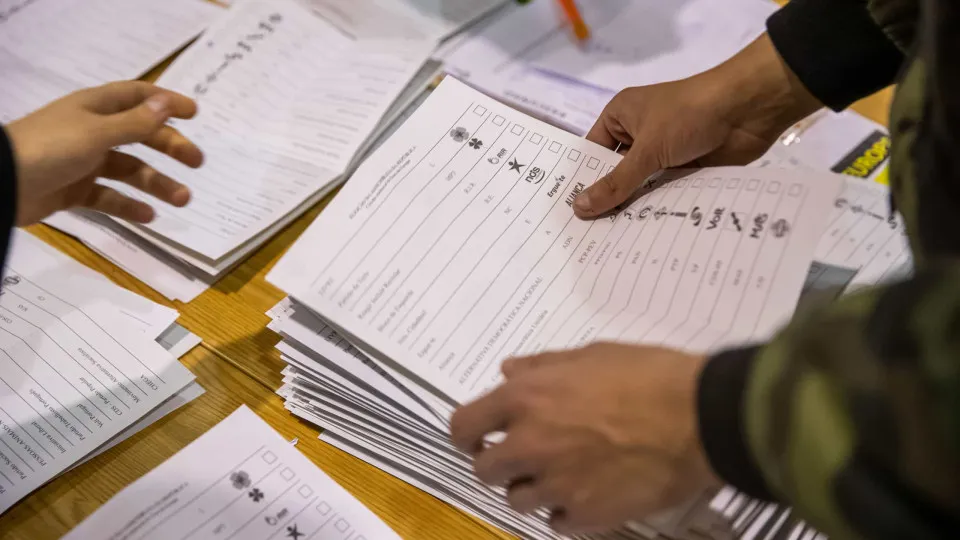
Acknowledging that a significant proportion of voters with sporadic participation reside far from polling stations, with one-third of voters citing logistical difficulties as a reason not to vote in the 2021 local elections, researchers recommend a pilot project offering free public transportation on election days in regions with high abstention rates and accessibility challenges.
Another recommendation is to extend early voting in mobility arrangements to all elections, making it easier for those who, due to professional, academic, or personal reasons, find themselves outside their voting area on election day or the weeks preceding it.
These suggestions are part of a study released today by the Francisco Manuel dos Santos Foundation (FFMS), entitled “Voter Abstention in Portugal: Mechanisms, Impacts, and Solutions,” authored by researchers João Cancela and José Santana Pereira.
The study analyzed a sample of 2,405 citizens who participated in an opinion poll and focus groups with 26 voters who typically abstain or vote intermittently, conducted between late 2021 and 2022. Political actors from three levels—Assembly of the Republic, European Parliament, and local authorities—were also contacted between 2024 and 2025.
The researchers propose testing a reduction in the voting age to 16 years, suggesting it occur in a “second-order election,” such as for the European Parliament, accompanied by enhanced civic education and institutional mobilization efforts.
The potential reduction in voting age was met with skepticism from the political elite contacted and the general public, with only 17% of respondents expressing support.
Another suggestion facing resistance from some parties is the creation of a national compensation district in legislative elections, which the researchers believe is important for “increasing the proportionality of the system and alleviating the sense of wasted votes in districts with low electoral magnitude.”
To foster a “sense of civic duty” from an early age, it is suggested that the curriculum for Citizenship Education, in the early stages of primary education, more explicitly conveys the understanding of the centrality of voting and electoral participation obligations.
The authors advocate for the conduct of electoral process simulations, practical decision-making activities about community and social issues, and discussions on the consequences of abstention and voting as a duty, not just a right.
José Santana Pereira explained that their main concern was to identify a set of recommendations with a non-zero probability of being considered by political elites and institutions.
The recommendations did not include online voting—despite being the reform most favored by respondents (30%), especially among younger and more educated individuals—due to security concerns, nor mandatory voting, due to “low social acceptance, risks of compromising individual freedom,” and the potential for “uninformed votes.”
Alongside advancing academic understanding of the abstention phenomenon, José Santana Pereira hopes the study ensures that the debate on the topic “does not become confined to election night, when various party leaders and others with political responsibilities lament, and the matter is left at that.”




